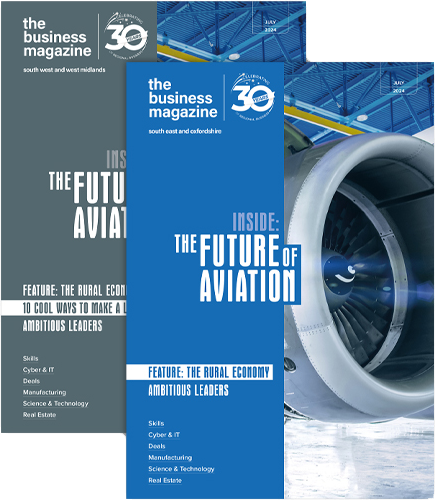BPE Solicitors look at the challenges and pitfalls for recruitment and retention in 2022

Chris Aldridge, Partner, in the Employment team at BPE Solicitors looks at recruiting in a candidate’s market...
Challenges and pitfalls for recruitment and retention in 2022
Employee recruitment and retention is fast becoming one of the biggest business challenges in 2022. The perfect storm of economic uncertainty, coupled with a severe cost-of-living crisis and an acknowledged skills shortage, has seen employers struggle to attract candidates.
It’s a candidate’s market.
In fact, the UK economy is experiencing its worst labour shortage since 1997 (think Tony Blair’s landslide victory and, perhaps even more infamous, ‘Barbie Girl’, by one hit wonder, Aqua).
According to the Recruitment & Employment Confederation latest Labour Market Tracker, there are currently 1.85 million active job postings, a figure that has been rising since mid-June. And with supply grossly out stripping demand, prospective employees can afford to be picky, simply meaning increased costs for businesses.
Gone are the days where employees can be tempted away from their job for an increase in salary. Employees want – scrap that, expect - a much broader smorgasbord of employee benefits on the buffet table.
Whilst you may think your business is doing all it can by offering inflation beating salaries, flexible working and an inclusive culture, this is now a basic expectation for candidates, akin to a company offering the “benefit” of 28 days annual leave.
Increasingly employees are requesting lesser-known benefits including gym membership, low interest loans for car or property purchases, access to mental health services and private medical. Employers, particularly those with finite budgets, need to keep up with demand as well as ensuring there is a clear plan to retain their best performers.
Retention of key staff is another headache facing businesses.
Over the last 12 months, internet searches for ‘work progression´ have soared by 200%. When employees work hard and aren’t rewarded with the opportunity to progress their career, naturally they won’t hang around.
Career development must be part of their recruitment strategy and onboarding process. Employees want to know what their next development opportunity will be (and when) so not making this clear can be costly from the outset.
Data also highlights a growing desire for employees to be adequately compensated for hard work. This is hardly a ground-breaking discovery but searches for ‘rewards in the workplace’ have increased by 67% over the last year. Rewards can be anything from formally acknowledging an employee’s work (but let’s not reinstate ‘employee of the month’ anytime soon though, eh?), to financial incentives, access to health and wellbeing services or team activities.
One of the worst culprits to retention is ‘micromanagement’, with Google search volumes showing a 40% surge in searches since April 2021. If you’ve gone through a suitable recruitment process, you should have enough confidence that the person you’ve hired is competent to perform. Teaching someone the ropes is one thing, overzealous micromanagement is quite another.
In a candidate’s market, employers need to consider the old adage: “do the basics well”.
Provide career development opportunities, if you can, provide access to a variety of benefits (focussing on employee health and wellbeing initiatives given their growing prominence).
Recognise individual achievements, provide feedback (good and, well, less good) and most importantly think about culture.
To quote the legendary Peter Drucker: culture eats strategy for breakfast!
bpe.co.uk/careers/
Twitter @BPE_Solicitors
LinkedIn: BPE Solicitors LLP
















